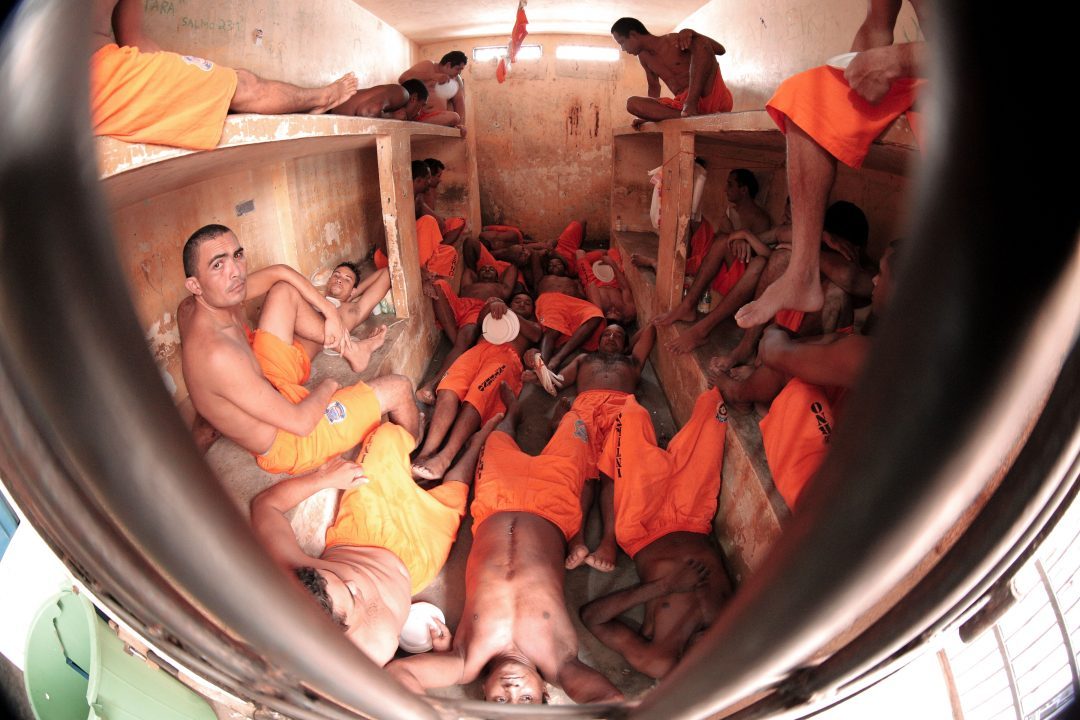Covid-19: Brazil denounced in UN and OAS over imminent “catastrophe” in prisons
More than 200 organizations are asking the country to explain the violation of international recommendations and to take steps to contain the spread of the coronavirus among the prison population

This Tuesday morning (June 23), 213 organizations from across the country submitted a complaint to the United Nations and the Organization of American States (OAS) against the management of Covid-19 in Brazilian prisons.
The document presents data and evidence on violations of international rules and recommendations in at least six areas: lack of access to health, obstacles to decarceration, incommunicability, problems with the registration of deaths, riots and the use of precarious temporary structures to hold prisoners. The organizations are asking the international bodies to demand explanations from Brazil and recommend the adoption of emergency measures to prevent a “catastrophe of alarming proportions”.
According to data from the CNJ (National Justice Council), reported cases of Covid-19 in Brazilian prisons have increased 800% since May and data from a survey conducted by the Folha de S.Paulo newspaper reveal that the lethality of the virus among prisoners could be up to five times higher than in the general population.
Read more
The complaint claims that judges and the Public Prosecutor’s Office have hindered and even prevented the enforcement of CNJ Resolution 62/2020, which recommends decarceration and, as such, a reduction in overcrowding. It draws attention to ADPF (Allegation of Violation of a Fundamental Precept) Case No. 684, stalled for over a month in the Supreme Court, which calls for measures to control the pandemic in prisons.
The complaint is signed by organizations such as IBCCRIM (Brazilian Criminal Sciences Institute), ITTC (Land, Labor and Citizenship Institute), Gajop, IDDD (Defense of the Right to a Defense Institute), the Public Defender’s Office of the State of Rio de Janeiro and Conectas Human Rights, as well as dozens of other organizations from across the country.
According to the organizations, in this pandemic, when protection against the virus requires hygiene, cleanliness and social distancing, “keeping prisoners crammed into an enclosed and unhealthy space is to exercise a power of death that materializes in a brutal equation”.
“We went to ask to provide cleaning products and they said no because the State was providing all the support, but us family members know this is not true. We know there is no testing and that some of the prisoners are infected,” said Elaine Bispo Paixão, a relative of a prisoner and a proponent of the National Decarceration Agenda.
“From the point of view of guaranteeing human rights, the Brazilian prison system has been facing collapse for a long time. With the arrival of Covid-19, the situation has worsened and we can now see that the Brazilian State has the power of life or death over incarcerated people,” said Gustavo Magnata, an expert from the National Mechanism to Combat and Prevent Torture.
The organizations point out that the chronic crisis in the prison system, aggravated by the coronavirus, primarily affects black people who are the preferential target of the criminal justice system and public security policies: “65% of prisoners are black. This means that the vast majority already make up a portion of people affected by the social and ethno-racial inequalities that exist in Brazilian society and who experience these realities more deeply in prison. They are people who are already in a historical state of social – and also health – vulnerability imposed by racism”.






